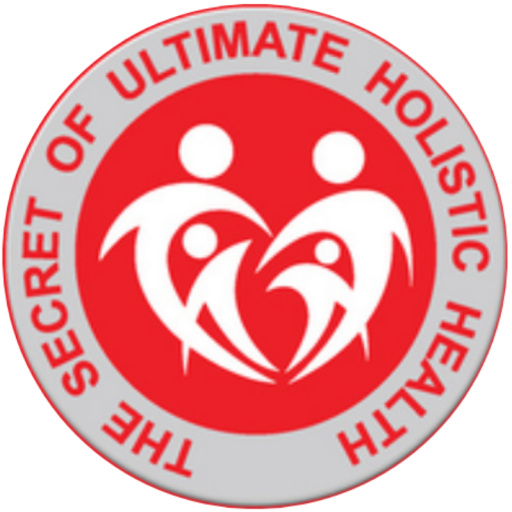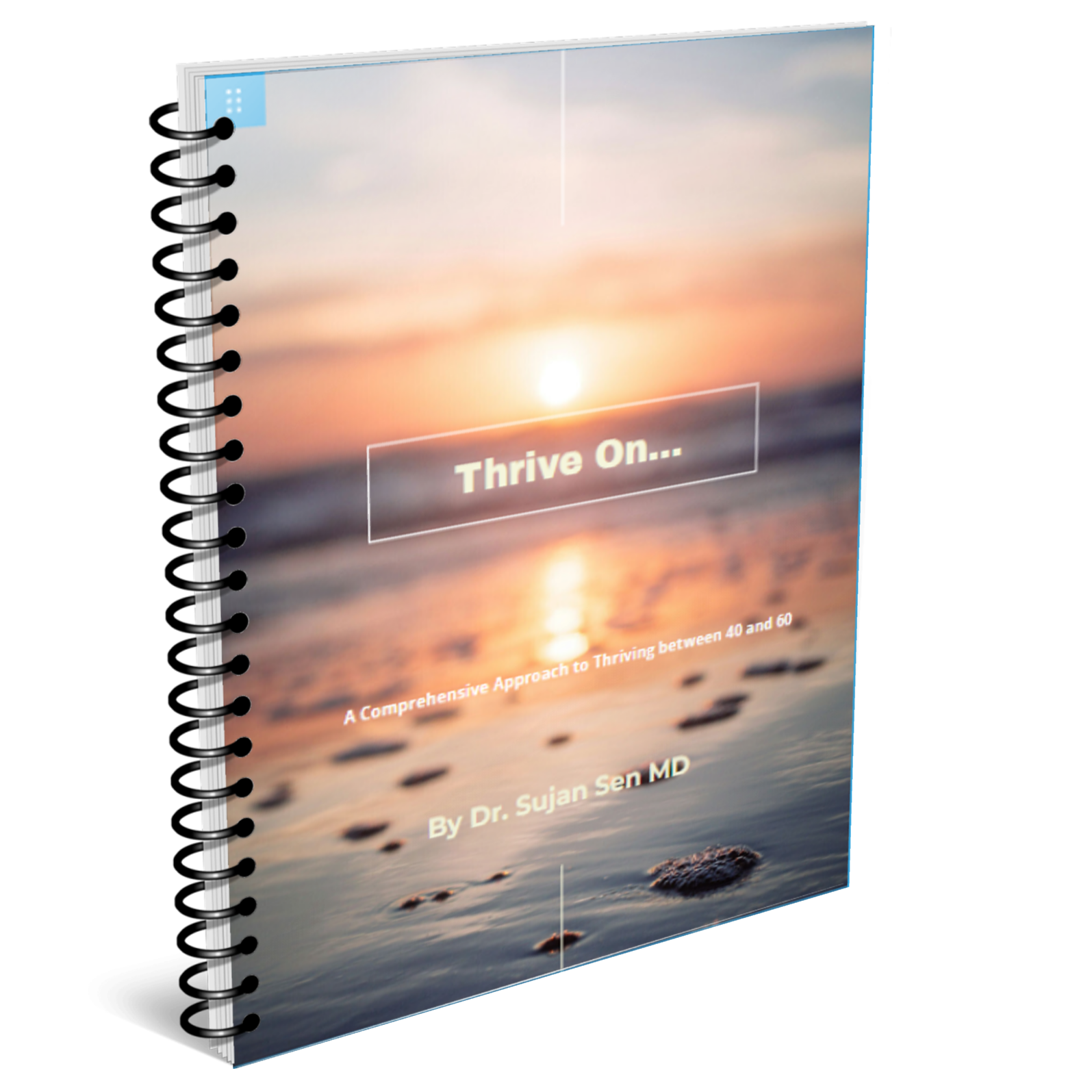Holistic Health vs Wholistic Health: What's the Difference?
You’ve seen them both: “holistic health” and “wholistic health.”
Maybe you’ve used them interchangeably, or perhaps you’ve wondered if there’s a hidden meaning behind the different spellings.
Is one a typo? Is one more correct?
Does the "W" signify a different, deeper approach?
The short answer is: when it comes to their core philosophy, they are functionally the same.
The difference lies almost entirely in spelling and origin. Let's break down the details so you can navigate the wellness world with confidence.
The Original: Holistic Health
Holistic is the grandfather of the two terms—the original, widely accepted spelling in medical, philosophical, and academic contexts.
· Origin Story: The word comes from the Greek word “holos,” which means “whole.” It was popularized in the 1920s by South African philosopher Jan Smuts. He believed that systems (including human beings) are greater than the mere sum of their parts.
· Core Philosophy: Holistic health is an approach to well-being that considers the whole person and how they interact with their environment. It’s not just about treating symptoms; it’s about understanding the root cause.
The Key Principles:
- The Whole Person: Health isn’t just the absence of disease. It’s a dynamic state of physical, mental, emotional, social, and sometimes spiritual well-being.
- Interconnection: A problem in one area can manifest as a symptom in another. For example, chronic stress (mental) can lead to high blood pressure (physical) or digestive issues.
- Prevention & Self-Care: The focus is on building a healthy lifestyle—through nutrition, exercise, sleep, and stress management—to prevent illness before it starts.
- Partnership: The practitioner and patient work as a team in the healing journey.
In a Nutshell:
A holistic doctor treating your migraine won’t just hand you a painkiller. They’ll explore your diet, sleep patterns, stress levels, and emotional triggers to find the underlying cause.
The Modern Cousin: Wholistic Health
Enter Wholistic—the newer, modern spelling that has gained traction, especially in informal wellness circles.
Origin Story: This is a case of what linguists call "folk etymology." It’s a modern adaptation that directly references the English word “whole.” People reshaped the word to make its meaning more visually obvious.
Core Philosophy: Here’s the key takeaway: the philosophy is identical to holistic health. When people use "wholistic," they are referring to the exact same concept of treating the whole person.

Usage & Vibe of Wholistic Health (vs Holistic Health):
- It’s generally considered a non-standard spelling in formal writing.
- Some practitioners and writers prefer it specifically because the “W” visually and directly communicates the idea of “wholeness.”
- You’ll most often find it in blogs, social media, and certain alternative medicine practices where accessibility is prioritized over academic formality.
The Side-by-Side Comparison: Holistic Health vs Wholistic Health
Feature | Holistic Health | Wholistic Health |
Spelling & Origin | The original, standard spelling. From Greek holos. | A modern, variant spelling. From English whole. |
Acceptance | Widely accepted in medicine, philosophy, and academia. | Considered non-standard but is widely understood. |
Connotation | The formal, established term for the philosophy. | Often used to intentionally emphasize "wholeness." Feels more accessible and intuitive. |
Practical Meaning | Identical in practice. | Identical in practice. |
The Perfect Analogy
Think of it like the words “although” and “all though.”
· “Although” is the correct, standard word.
· “All though” is a misspelling, but if you saw it, you’d instantly understand the intended meaning because the parts “all” and “though” hint at it.
In this case:
· Holistic is like “although” – the correct, standard term.
· Wholistic is like “all though” – a variant that makes its meaning obvious, and everyone gets what you’re saying.
The Bottom Line: Which One Should You Use?
So, what’s the final verdict?
For formal writing (research papers, articles, professional websites), “Holistic” is the clear and correct choice.
In everyday conversation and informal wellness contexts, you can use either. You will be understood perfectly, as both point to the same powerful, whole-person approach to health.
Don’t get hung up on the spelling. The real power isn’t in the "H" or the "W" - it’s in the philosophy itself.
Whether you call it holistic or wholistic, the most important thing is embracing the idea that true health is multi-dimensional, interconnected, and all about treating the whole you.
FAQ
Q: So, is "wholistic" just a misspelling?
A: It started as a variant spelling, but it's now so commonly used with intentional meaning (to emphasize "whole") that it's widely accepted in informal contexts, even if it's not the academic standard.
Q: Can a practitioner use both terms?
A: Absolutely. Many practitioners use "holistic" in their official branding and literature but may use "wholistic" in more casual communication like social media to connect with their audience.
Q: Does the philosophy only apply to alternative medicine?
A: Not at all! While often associated with complementary therapies, the core principles of holistic/wholistic health—like treating the mind-body connection and focusing on prevention—are increasingly being integrated into mainstream medical practice..


